
The FDA has approved the first complete, darunavir-based single-tablet regimen (STR) for the treatment of HIV in treatment-naïve and certain virologically suppressed adults.

The FDA has approved the first complete, darunavir-based single-tablet regimen (STR) for the treatment of HIV in treatment-naïve and certain virologically suppressed adults.

In October 2016, 6 harvesters at a German vineyard fell ill after consuming pressed grapes contaminated with Francisella tularensis from infected mice.

Scientists supported by the NIAID discover a set of broadly neutralizing antibodies in the blood of Ebola survivors capable of providing substantial protection against the disease.

Genentech has announced that baloxavir marboxil met primary objective in the phase 3 CAPSTONE-2 study for individuals with a high risk of complications from influenza.

New data indicate that urgent care centers prescribed antibiotics for 45.7% patients with respiratory infections associated with inappropriate antibiotic prescribing.

National Academies of Sciences, Engineering, and Medicine workshop highlights 5 key calls for action geared at health providers responsible for treating the infectious complications of patients with opioid use disorder.
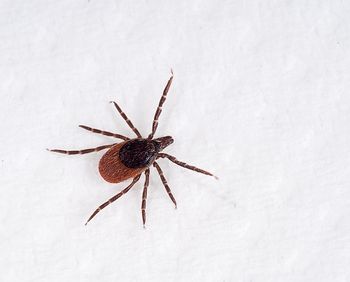
Researchers from Northern Arizona University report that citizen participation in nationwide research can offer insight into the prevalence of vector-borne disease threats.

Initial investigations indicated crab meat is responsible for vibrosis infections that have sickened 12 individuals.
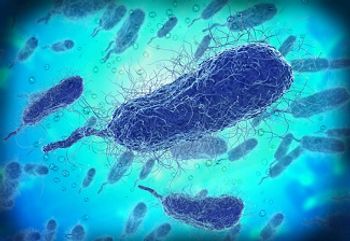
Following cases of vibriosis in New Jersey, Alabama, and Florida, health officials are telling individuals with open wounds to stay out of coastal or brackish waters.

We're discussing presentations ranging from radiation biodosimetry to rapid viral testing

We’ve rounded up a list of important US Food and Drug Administration (FDA) and US Department of Agriculture (USDA) recalls from this past week.

In case you missed them, we’ve compiled the top 5 infectious disease articles from this past week.

The US Food and Drug Administration has approved SIGA Technologies Inc's tecovirimat (TPOXX) for the treatment of smallpox.

Over 100 individuals have been infected with Cyclospora across 2 states potentially stemming from salads sold at McDonalds restaurants.
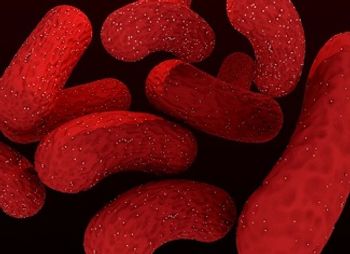
Transmission of New Delhi-metallo- ß-lactamase producing multidrug-resistant ST167 E. coli observed between 2 Finnish dogs and 1 human in 2015.

How would you test patients for radiational exposure in a crisis?

New research confirms that substance use and certain sexual practices among men who have sex with men may alter gut flora in ways that can have health consequences.
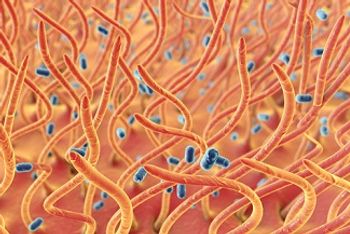
A new study observed that the type of pertussis vaccine used to prime the immune system in childhood has a lasting effect on an individual’s future immune response.
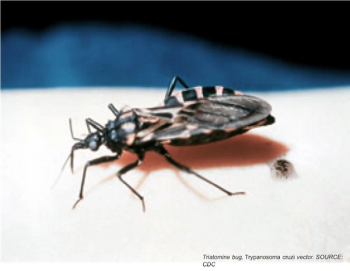
A new CDC report finds most states don’t track Chagas disease, but the agency says states should consider doing so if they have a large population of immigrants from countries where the disease is endemic.
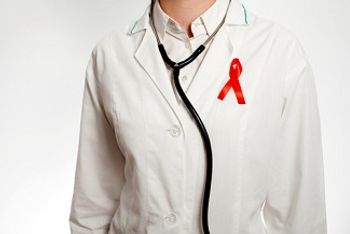
An experimental HIV-1 vaccine regimen reportedly produced immune responses against HIV in humans and rhesus monkeys.
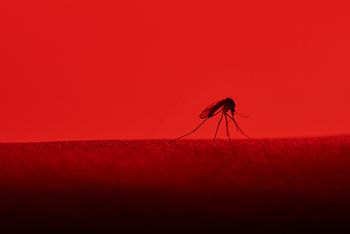
Researchers studying how pregnant women in the United States responded to the Zika virus outbreak of 2015-2016 emphasize the need to manage stress and fear during disease outbreaks.

The virus is only the latest to be used in experiments on a viral approach to cancer treatment.

The FDA calls for safety labeling changes for fluoroquinolones to warn of the risks of mental health side effects and serious blood sugar disturbances.
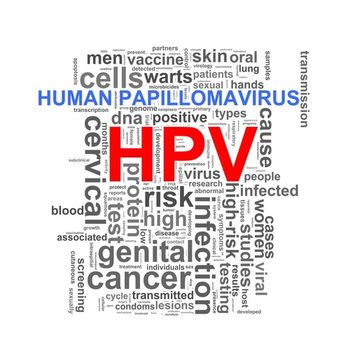
Study results suggest that HPV testing is able to detect cervical intraepithelial neoplasia earlier and more accurately than cytology.

Since 2015, there have been 47 reported cases of listeriosis across 5 countries in the European Union.
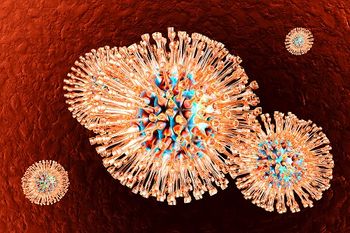
Varying dose levels of the GEN-003 vaccine were found to be associated with decreased viral shedding and lesion reduction at up to 1 year post-treatment.

Oritavancin is a useful antimicrobial option to help clinicians manage MRSA infections and other serious GPC infections in patients with cancer, including in those at the end-of-life.

Although questions remain pertaining to the E. coli outbreak linked with romaine lettuce, scientific advances led to several breakthroughs that would not have been possible just a few years ago.
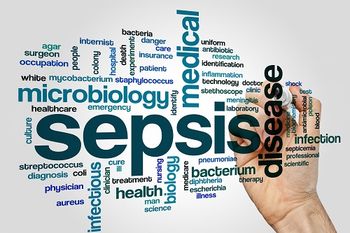
The results indicate a significant link between sepsis and 15 cancers in elderly patients.

After 105 new cases of leptospirosis were reported in the Metro Manila area of the Philippines between June 10 and July 3, an outbreak was declared.